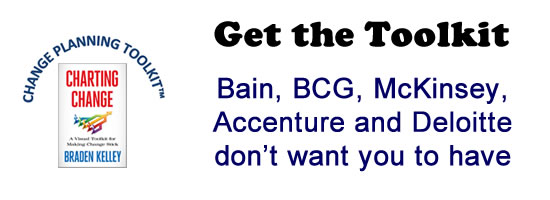How innovation impacts work: Technology as game-changer and life-changer

“The job your child will do doesn’t exist yetâ€, said the young principal from one of Singapore’s most prestigious private schools in a conference I attended ten years ago.
Ten years from now a good number of today’s jobs will not exist, a good number of entirely new jobs will be created and ALL jobs will change, many of them in significant ways. Consultants dealing with innovation and transformation like myself, enjoy the sensational appeal of such statements. Many of us are also aware of the practical, personal and social challenges that arise as we seek to get value from new technologies.
Over the last one hundred years the world population grew from 1.8 billion to 7.6 billion, world GDP per capita from USD (1990) 1,500Â to USD (1990) 7,300 and the average working week has fallen from over 60 hours to under 40 hours (Western Europe). For this to happen the role of technology has been instrumental.
The technologies going live over the next ten years are also likely to have a significant quantitative and qualitative impact on work and employment at both the personal and the societal level. These technologies (robotics, additive manufacturing, electric and autonomous vehicles, the internet of things, biotechnology, to name the most popular) are usually more digital, less mechanical and rely on a huge expansion of data flows.
Here are some jobs that are likely to fade out: telemarketer, loan officer, cashier, legal assistant, taxi-driver – at some level these jobs are routine, repetitive and predictable.
Here are some jobs that are likely to thrive: creative or problem-solving jobs (artists, scientists, business strategists), jobs involving complex personal relations (nurses), unpredictable jobs (emergency services) and jobs in new technology areas (cybersecurity, big data manipulation).
Best personal advice: seek a career in the latter type of jobs, develop your creative skills and a capacity to embrace continuous new learning, and build a character that is flexible and perennially open to change.
At a macro level the first and most obvious outcome from the new technologies is job loss from machines or digital know-how replacing labor. This has multiplier effects on the economy as the dismissed workers lose purchasing power. On the other hand this increases productivity and potentially increases profits (therefore investments) or reduces prices (therefore raises purchasing power). In addition new jobs are created in the technology sectors and entirely new products and services are generated with entirely unpredictable effects on demand and lifestyles.
Such technologies can disrupt people’s lives in important ways (try asking a sixty-year old to move to a new city or to work two jobs from home or to stop paying his bills by cheque). Politicians, governments, employers and labor unions will often instinctually inhibit change to the detriment of the people they are supposed to serve. Miserable bastards.
Best advice to government: Embrace progress fast and wholeheartedly by removing entrenched institutional or cultural barriers and by investing or supporting investments in new technologies. Offer people genuine and generous opportunities to gain new skills to improve their chances for redeployment. And figure out how to reduce the working week again and again.
Technology is not just game-changing. It is life-changing.
Wait! Before you go…
Choose how you want the latest innovation content delivered to you:
- Daily — RSS Feed — Email — Twitter — Facebook — Linkedin Today
- Weekly — Email Newsletter — Free Magazine — Linkedin Group
 Dimis Michaelides, Managing Director at Performa Consulting, is global business consultant and keynote speaker on The Art of Innovation. His book, The Art of Innovation: Integrating Creativity in Organizations, was published in 2007.
Dimis Michaelides, Managing Director at Performa Consulting, is global business consultant and keynote speaker on The Art of Innovation. His book, The Art of Innovation: Integrating Creativity in Organizations, was published in 2007.
NEVER MISS ANOTHER NEWSLETTER!
LATEST BLOGS
iPhone Followup – Innovation in a Box
My initial iPhone article highlighted why the iPhone will not be a success in its first incarnation. Make no mistake though, the introduction of the iPhone will revolutionize the mobile telephony market. Let’s answer some of the criticisms of the most innovative mobile handset in the history of mobile telephony:
Read MoreThe Growing Housing Divide
I was speaking with a friend of mine recently and he brought up an interesting point. He asserted that there was a widening gap in home prices between where people want to live and where people have to live. How else can you explain the housing price fall in most of the country while places like Seattle continue to have rising prices?
Read More



